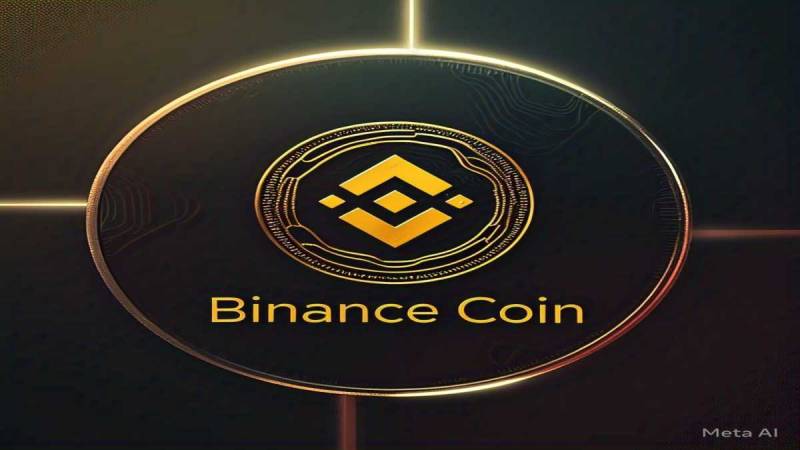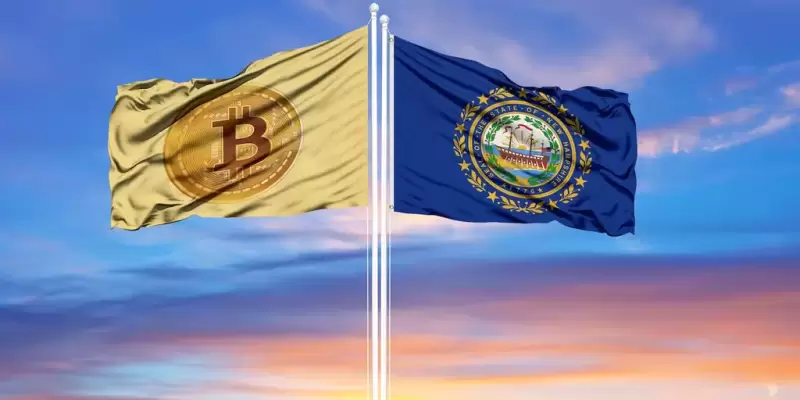 |
|
 |
|
 |
|
 |
|
 |
|
 |
|
 |
|
 |
|
 |
|
 |
|
 |
|
 |
|
 |
|
 |
|
 |
|
Cryptocurrency News Articles
Even in a Simulated World, It's Not Easy to Save an Overheating Planet
Nov 24, 2024 at 05:37 pm
Activists and experts who are pushing world leaders to save an overheating planet learned it's not so easy, even in a simulated world.

Activists and experts who are urging world leaders to save an overheating planet learned it’s not so easy, even in a simulated world.
The Associated Press brought the board game Daybreak to the United Nations climate negotiations in Baku, Azerbaijan. Experts from three countries were asked to play the game, which involves players working together to curb climate change, caused by the release of greenhouse gas emissions when fuels like gasoline, natural gas and coal are burned. The goal of the game is to prevent the world from getting too hot or overrun by devastating extreme weather events.
Three times activists, analysts and reporters took turns being the United States, China, Europe and the rest of the world, coping with weather disasters, trying to reduce emissions with projects like wetlands restoration and fighting fossil fuel interests, all according to the cards dealt.
The yellow-red crisis cards are the ones that set players back the most. And every round comes with a new card, such as, “Storms: Every player adds 1 Community in Crisis” per 0.1 degrees Celsius (0.2 degrees Fahrenheit) temperature rise, or “Sea Level Rise: Every player loses 1 Infrastructure Resilience.”
Those are tempered by blue cards that represent local projects, such as around fertilizer efficiency, which eliminates one game token of methane-spewing livestock, or universal public transport, which eliminates a token of polluting car emissions.
In each game, the temperature went beyond the limit that the world set in the 2015 Paris Agreement: 1.5 degrees Celsius (2.7 degrees Fahrenheit) since preindustrial times, roughly the mid-1800s. Technically, the game isn’t lost until a temperature rise of 2 degrees Celsius (3.6 degrees Fahrenheit) is reached. However, 1.5 degrees has been ingrained as a threshold in climate circles, so the shoulders of players drooped in defeat when their fictional world blew past it.
After just one round of play, which lasted about 20 minutes in the second game, the global thermometer rose to 1.45 degrees Celsius (2.61 degrees Fahrenheit).
“How did that happen? It happened so quickly,” said Borami Seo, head of food and agriculture at Solutions for Our Climate in South Korea. She purposely chose Europe, arguably the world leader in climate policy and financial aid, so she would be in a position to help the rest of the world.
She couldn’t.
“I thought this game was supposed to give us hope. I’m not gaining any hope,” Seo said in a voice somewhere between curiosity and frustration.
The first two games were cut short because players had to go elsewhere during busy climate negotiations.
But the third game went 47 minutes and three rounds. Jake Schmidt, spokesman for the Natural Resources Defense Council, was playing in the “majority of the world” role and a hurricane hit at a time that average global temperature rise was 1.8 degrees Celsius (3.2 degrees Fahrenheit). For every tenth of a degree above 1.2 degrees Celsius, players had to add a “communities in crisis” game token.
Schmidt had more cities in crisis than the 12 that the game permits: “All my communities are gone.”
The game and world were lost.
“I’m sad,” Schmidt said. “We very quickly got toast. That was only three rounds and my communities were toast. And we were already at 1.8. I think they need a little slower way, start at a lower base.”
The game starts at 1.2 degrees Celsius (2.2 degrees Fahrenheit) above pre-industrial times. The real world is now 1.3 degrees Celsius (2.3 degrees Fahrenheit) higher, according to the United Nations.
“Getting rid of the emissions was really hard,” Schmidt said, adding that it seemed realistic. But it made him more pessimistic about climate change, he said. It reminded him of how hard the problem is.
That’s the point, said game co-designer Matt Leacock, who first created the board game Pandemic — long before the real one beset the world.
“I wouldn’t want most people to win the game the first time they play. I don’t think that’s a productive message,” Leacock said. “I want most people to lose, but to blame themselves and to learn from their experience and then really want to play again and be like, ‘I see what we did wrong. I’ve got an idea of what we can do better. Let’s try again and see if we can see if we can pull it off.'”
There is a political message to the game that the world needs saving, Leacock said. Winning, or stopping the world from runaway temperature rise, is doable but hard and requires dramatic early action, he said. That’s what experts say is required in real life.
Leacock, who researched the science and politics of climate
Disclaimer:info@kdj.com
The information provided is not trading advice. kdj.com does not assume any responsibility for any investments made based on the information provided in this article. Cryptocurrencies are highly volatile and it is highly recommended that you invest with caution after thorough research!
If you believe that the content used on this website infringes your copyright, please contact us immediately (info@kdj.com) and we will delete it promptly.
-

-

-

- Custodia Bank and Vantage Bank Launch Avit, the First US Bank-Backed Stablecoin
- Apr 11, 2025 at 07:20 am
- The stablecoin was used in a series of test transactions with a business customer. The pilot included minting, transferring, and redeeming tokens on the Ethereum (ETH) mainnet using the ERC-20 standard.
-

- Investors Embrace Risk Assets as Floki’s DAO Vote Ignites Price Surge, Chainlink Achieves $20 Trillion Milestone, and BNB Forms Bullish Cup-and-Handle Pattern.
- Apr 11, 2025 at 07:20 am
- The cryptocurrency market has commenced the week with a notable surge, fueled by a renewed appetite for risk assets, mirroring the bullish sentiment observed in the stock market.
-

-

-

-

-


















![🐢Super Mario World Koopa Troopa 100% 96⭐️ + Coin [Ao Vivo] 🐢Super Mario World Koopa Troopa 100% 96⭐️ + Coin [Ao Vivo]](/uploads/2025/04/10/cryptocurrencies-news/videos/super-mario-koopa-troopa-coin-ao-vivo/image-1.webp)









































